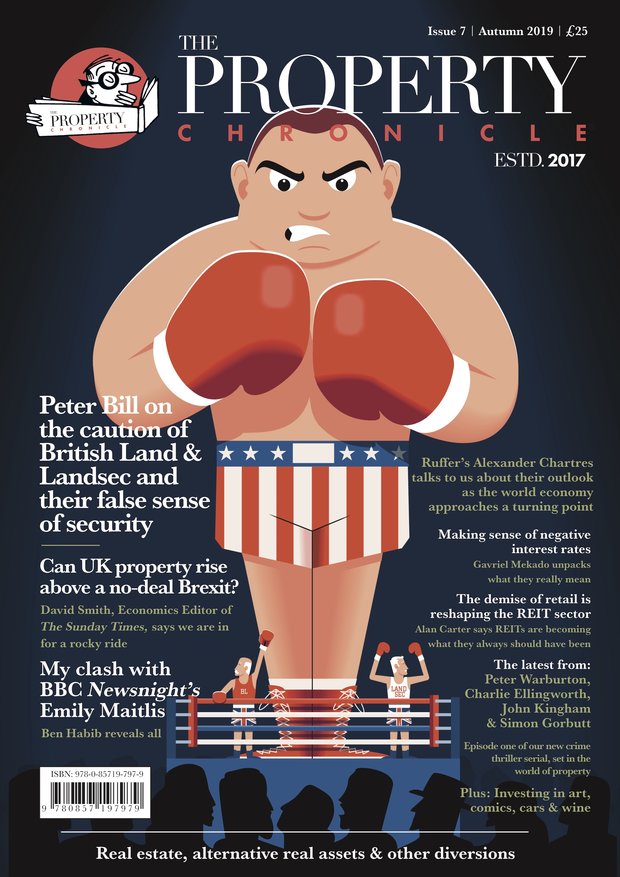
Is competency finally going to be as important as competition in the UK residential estate agency market?
In 1979 the Estate Agents Act was introduced but one key section was excluded from implementation. Section 22 set out that minimum standards of competency would be required by all those operating in the sector based on experience and/or professional qualification.
Successive Governments in the intervening forty years have never seen fit to implement this section, preferring competition within the market rather than raising standards due to concerns over increasing the barriers to entry together with excessive regulatory burdens.
In 1979 the private rental sector did not exist as it does now and letting agents therefore are not defined under the legislation and are therefore exempt. This currently means that, as an estate agent, you could commit a heinous crime in the morning, be banned from ever being an estate agent again at lunchtime and yet open as a letting agent in the afternoon! Clearly a nonsense!
Until recent years, despite competition, advances in technology and the introduction of redress/ombudsman schemes, there has been little real innovation in the estate agency model. This started to change in the last decade with the emergence of the so called “online estate agencies” – often a low fee, execution only service type model much criticised by traditionalists but through extensive marketing, a model that has gained some traction and now accounts for around 5% of all property sales across the UK.
The next generation estate agency model may be one where an individual agent operates under the wings of a larger hub-based operator and shares the agreed fees (usually 70-30) in favour of the individual agent. This is more akin to models in other countries such as the USA and a number of the players now in the UK market originate from across the pond. Examples include: Keller Williams, Exp Realty and Century 21.
In the meantime, traditional “High Street” estate agencies are generally in decline. Businesses, due to competition, increasing regulation (particularly in lettings), high fixed costs and low transactional volumes, are struggling to survive and lots of consolidations and closures are occurring on a daily basis.
The online sector is not immune to the pain of low transactional volumes and, in many cases, the high acquisition cost of customers through the rush to gain brand recognition and market share is proving excessively painful. We have already seen many of the early names in this sector – Tepilo, Emoov (albeit back under a new ownership), Hatched, House Network and several other smaller players – disappear into oblivion.
A few weeks ago one of the operators in this sector (House Simple) announced that they were going to start selling property for free and make their fees up from commissions and referral fees on additional products.
Unbelievably this decision was announced at the same time as the Tenant Fees Act was introduced and Trading Standards and the redress schemes tightened their requirements on agents being transparent about these additional sources of income. It is a reasonable expectation that, if the estate agency industry doesn’t comply with transparency requirements to an acceptable standard that Government will move to legislate and ban them all together. It, ill advisedly, did so with a complete ban on fees charged to tenants – likely to result in tenants paying higher rents and I believe the same will happen on other income sources – a sledgehammer to crack a nut with undoubtedly many unintended consequences. House Simple may, like others, yet find that they have actually created an unsustainable business model for themselves.
One thing you cannot accuse the UK residential property market of is being dull and in July 2019 the results of a working group (ROPA – Report on Property Agents) was announced by Chairman Lord Best. The conclusion was that the industry needed to raise standards and the recommendation, subsequently accepted in outline by the Government, calls for all those operating in the sector to be professionally qualified (differing levels dependent upon role), for a new industry regulator to be created and for licensing of individuals and firms.
In principle this sounds like a good idea. The proof of the pudding will, however, be in the eating.
With only around 20% of those operating in the estate agency sector having any form of industry qualification now there is a massive amount of work needed to agree the appropriate educational and knowledge standards and then organise for everyone to undertake the learning and qualification. A new regulator regime needs to be created and a licensing structure.
The benefits to consumers will only come about if standards do increase and this will only happen if the policing and enforcement of standards is robust. Basically, if licences to operate are taken away from those who fall foul of requirements. We already have many and various regulations but the subsequent inconsistent policing and enforcement sees too many “getting away with” poor service, poor compliance and, in some cases, fraudulent or dishonest practice.
A higher quality, more tightly regulated and licensed sector would, in my opinion, be a good thing. It will undoubtedly have less operators within it – I can see the number of players halving over the next five to ten years – but fees are likely to significantly increase. In my view it will not be possible, even with the best use of technology and marketing, to deliver the quality demanded without receiving an appropriate fee to match.
Michael S Day MBA FRICS FNAEA FARLA
Managing Director Integra Property Services
Director teclet